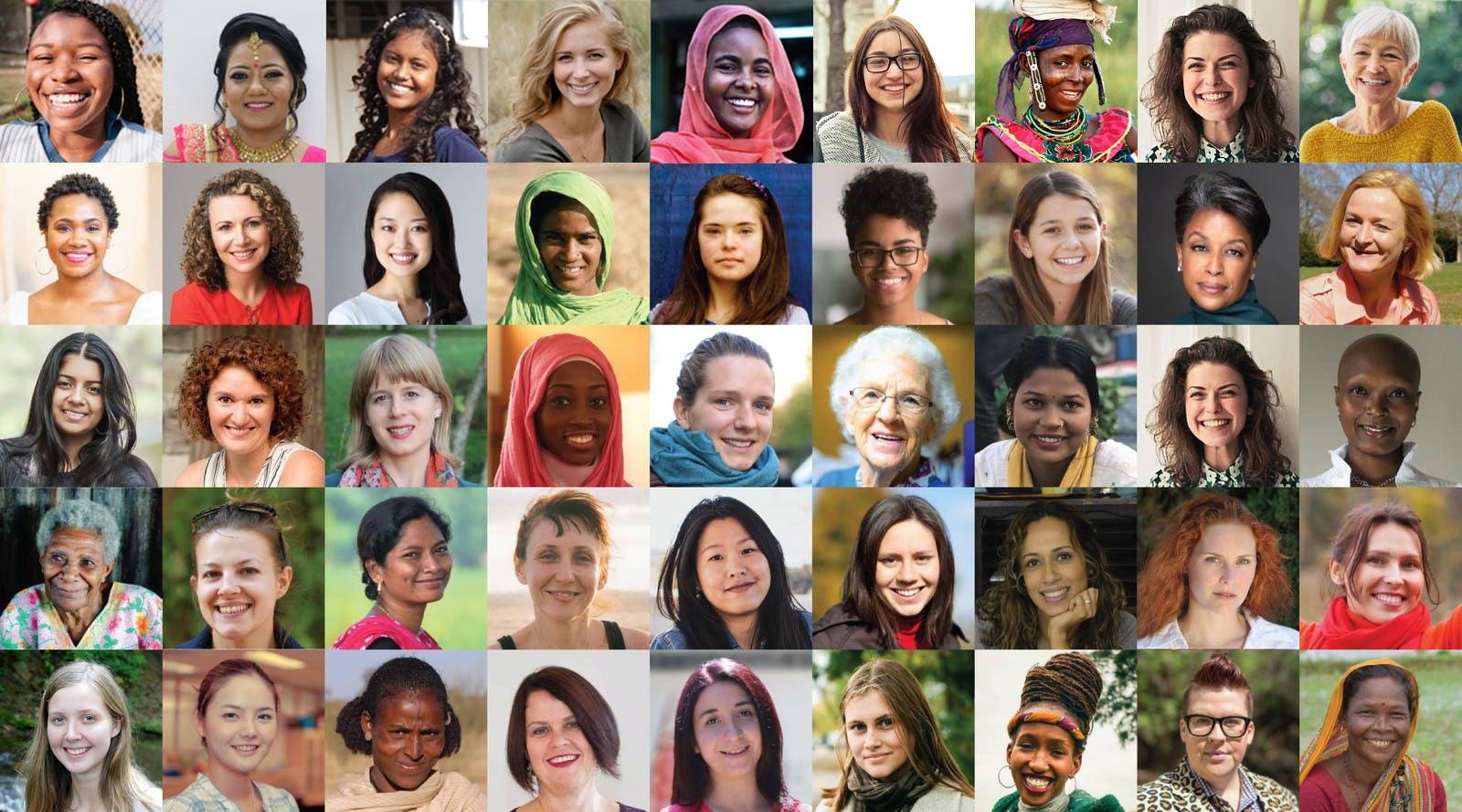Regenerating Ecological Practices of Indigenous Women in the Mississippi Delta
This region of the Lower Mississippi Delta has been subjected to a century of oil and gas extraction, which has carved up the native wetlands of the area and greatly diminished its biodiversity. Due to climate change, the region is also dealing with sea-level rise. For all these reasons, land restoration and regeneration of biodiversity are essential to prevent a collapse of the natural marshes and wetlands of the region.

Image credit: Courtesy of WECAN International
Since colonization, Indigenous women of the Mississippi River Delta have been forced to adapt and compromise their relationships with the water, land, food, and seasonal ways of life. The Houma Nation and other coastal nations maintained a sense of sovereignty at the ends of bayous, where families survived off the estuary’s abundance and rich soil. Still, these territories are disappearing at one of the fastest rates on earth due to a legacy of extractive practices and a changing climate.
Through the leadership of Indigenous women, the overall goal of this project is to increase biodiversity and climate resiliency and increase human health and well-being in South Louisiana, a region already facing severe climate impacts and community health issues due to its central location in what is known as Cancer Alley.

Image credit: Courtesy of WECAN International
Through the growing and propagating of native plants and trees, local medicines, revitalizing traditional ecological practices, and providing an income stream for participants, the project will help create sustainable food supply lines and food security in a region that has become a food desert due to climate change, economic injustices and colonization policies that have existed for hundreds of years.
As participants in this project, Houma and intertribal women from the Bvlbancha Collective are building a network of food and medicinal gardens to revitalize traditional ecological practices and provide income. On various sites, participants produce traditional land tending, care and use operations models to be scaled as needed, encouraging community-based efforts, sharing seeds, plants, equipment, and skills, enhancing food security practices and strategies to sell produce and products to the public markets.

Image credit: Courtesy of WECAN International
United Nations studies show that women farmers feed the world – and Indigenous women hold vast knowledge and skill gleaned through their traditional role as healers, culture shapers, and caretakers of water and land. This project uplifts Indigenous women to lead food security and medicinal herbal program for their communities and support an actual path forward for resiliency during the COVID-19 pandemic and climate adaptation. Indigenous women are returning to seeding adaptive practices rooted in Traditional Ecological Knowledge, inspiring solutions to modern challenges.
The project also involves a story-telling media component to offer the program learnings to other communities. Garden networks will preserve and propagate plant knowledge, developing sustainability, community, and local economies.
This recent short video below showcases the current success of this WECAN Food Sovereignty and Security program. Additional funding will help scale the program and replicate it in other frontline communities.
Through this project, the Indigenous women of the Mississippi River Delta will help restore local ecology, enhance climate resilience in the face of increasing stressors, improve local population health and provide income and greater food security in this region.
Support women-led projects regenerating the Earth

.jpg?auto=compress%2Cformat)
